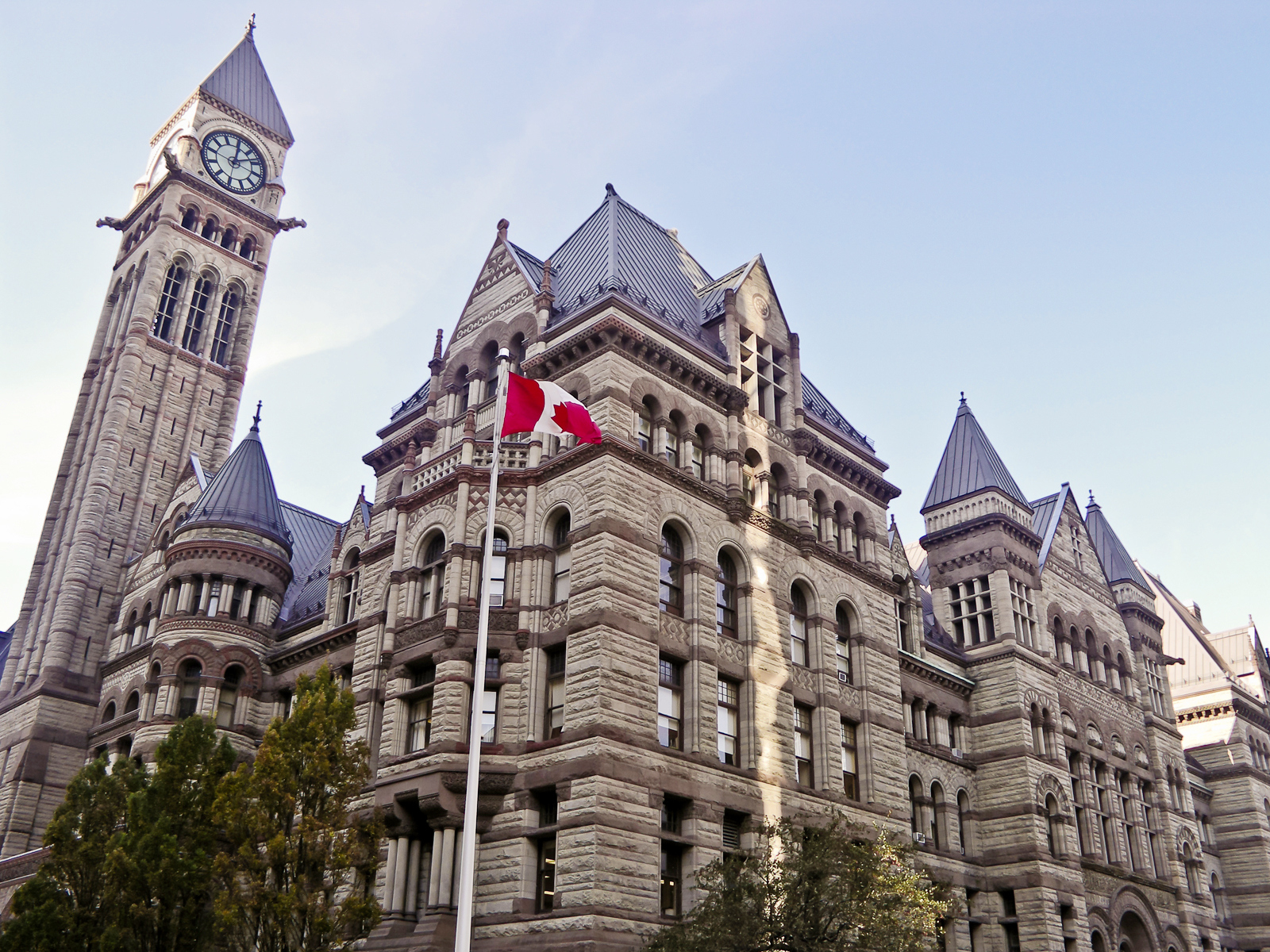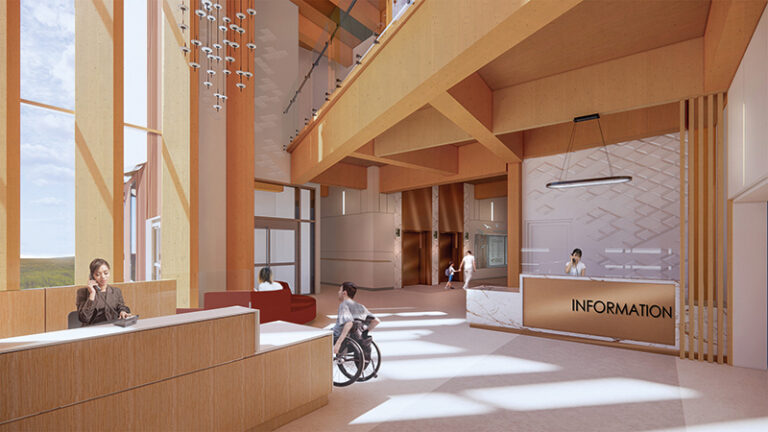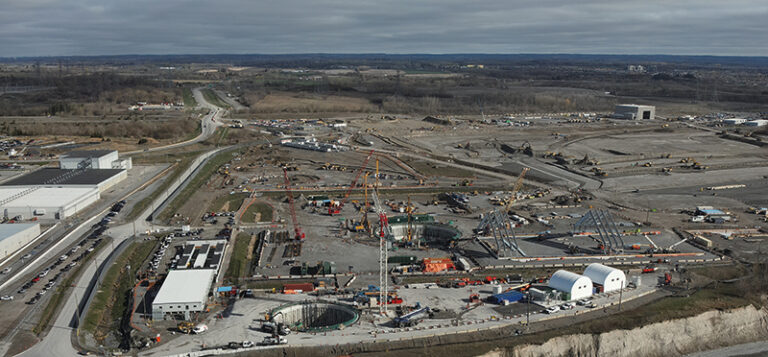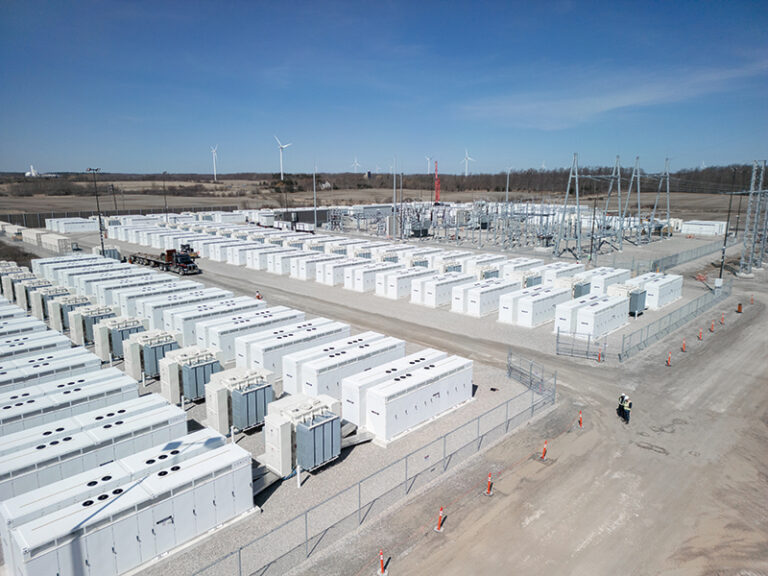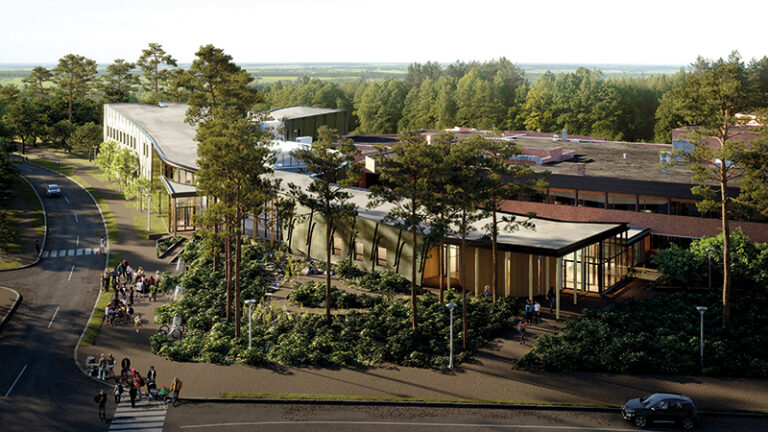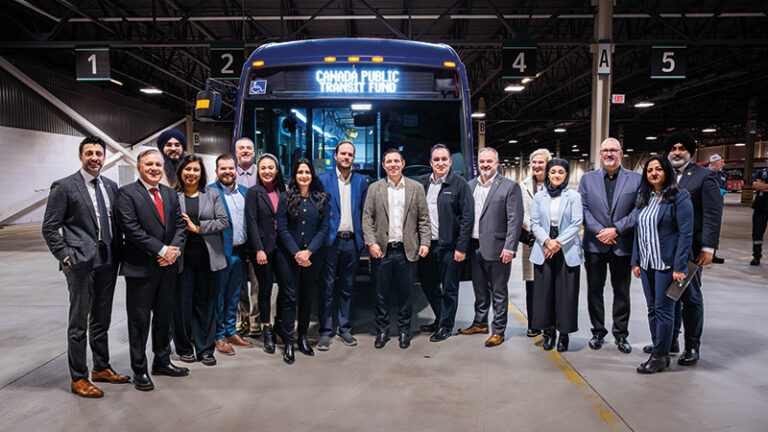It’s rare to see three important elections fall within such a short timespan, but that’s exactly what we will see when the second half of October rolls around.
On October 20, 22, and 24, voters in British Columbia, Ontario, and Manitoba respectively will head to the polls to elect its new municipal leaders. That’s in addition to elections just before those dates in Northwest Territories (October 15) and the Yukon Territory (October 18), as well as PEI in the days to follow (November 5). In total, six provinces and territories could see the leadership of its largest communities change in a matter of just three weeks.
The three smaller provinces and territories are set to encounter tight races and retirements that will provide some level of municipal turnover, and in B.C., Ontario, and Manitoba changes to the current regimes could significantly impact the future of infrastructure.
British Columbia
It wasn’t long into 2018 when the first municipal bombshell was dropped. On January 10, Vancouver Mayor Gregor Robertson announced that he would not be seeking re-election after three terms in office. In his 10 years in office, Robertson moulded Vancouver into Canada’s greenest city, but at the same time, struggled to address issues surrounding housing affordability.
The race to replace Robertson is shaping up to one of the most hotly-contested mayoral races we have seen in Canada. At the time of writing, Vision Vancouver (Robertson’s former party) and NPA (Non-Partisan Association) had selected Ian Campbell and Ken Sim respectively as their candidates. The Coalition of Progressive Electors (COPE) was expected to select their candidate on August 17th. Former Burnaby MP Kennedy Stewart resigned his federal post to run as an independent, and Hector Bremner, elected as an NPA-affiliated councillor in 2017, is also seeking the seat and is said to be working on forming his own rival party.
The infrastructure issues facing the city over the next term in office will pose a challenge for whomever wins the race, both those directly within the city and those impacting commuters within the region. TransLink released Phase 2 of its investment plan in May and alterations to the plan from new municipal leaders could set back transit development in the Greater Vancouver Area (including the $2.83 billion for the Millenium Line Broadway Expansion). While the Pattullo Bridge project and the St. Paul’s Hospital redevelopments are in the works by the provincial government, the mayor will play an important role in pushing forward with the development of the Vancouver Art Gallery and a supporting role in the redevelopment of the George Massey Tunnel, not to mention the potential for high speed rail between Vancouver and Seattle.
Side-stepping re-election seems to be a trend in the Metro Vancouver Region in 2018. In total, nine mayors in the region have confirmed they will not seek re-election including Robertson, Delta Mayor Lois Jackson, Langley Mayor Ted Schaffer, Maple Ridge Mayor Nicole Read, North Vancouver District Mayor Richard Walton, North Vancouver Mayor Darrell Mussatto, Port Coquitlam Mayor Greg Moore, Surrey Mayor Linda Hepner, and White Rock Mayor Wayne Baldwin. This will represent one of the largest regional leadership changes we have ever seen in a provincial municipal election.
Ontario
Two days after the dust settles out west, Canada’s largest province will head to the polls for the second time in under six months. However, unlike the result of the provincial election in June, little is expected to change as a result of the October 22nd Ontario municipal election.
It wouldn’t be Ontario without a little bit of election night drama and there are a handful of races with infrastructure implications that will be hotly contested. Longtime Region of Waterloo chair Ken Seiling announced in May that he would not be seeking re-election. Seiling has been in the position since 1985, and has been involved in municipal politics in the region since 1976. As of mid-July, three candidates had announced their intentions to run for the position, including Karen Redman, the former Liberal MP for Kitchener Centre from 1997-2008 who currently sits on the Regional Council as the representative for Kitchener.
Recently, the Region has been embroiled in controversy over delays in the opening of Phase 1 of the $818-million ION LRT. The Region is in the planning stages for Phase 2, which will extend the system south into Cambridge. The new chair will have to carry the ION project across the finish line regardless of the delays (mainly due to the late delivery of LRVs by Bombardier), and figure out how best to navigate the push for Phase 2 of the line.
And speaking of Cambridge, former Minister of Transportation and Liberal Member of Provincial Parliament Kathryn McGarry has joined the mayoral race, providing a strong challenge for incumbent Doug Craig, who has been in the chair since 2000.
In London, a personal scandal led Matt Brown to announce that he would not seek re-election, opening the door to new leadership and a potential re-opening of the LRT vs. BRT vs. nothing debate. As of early July, 13 candidates had already filed their paperwork to run. However, that was before the former Conservative MP Ed Holder announced his decision to join the mix, becoming an instant frontrunner to replace Brown. Also among the candidates is Paul Cheng, who finished second to Brown in 2014. Holder and Cheng have already stated their opposition to the plan for the $440-million bus rapid transit system passed by council in May of 2017.
We expected that, for the first time in 44 years, the chair of Peel Region will be elected rather than appointed. But on the day that nominations were intended to close, Ontario Premier Doug Ford announced significant changes to the 2018 municipal election, including having regional chairs appointed instead of elected. Former MP and MPP Patrick Brown, who stepped down as leader of the Ontario PC Party in January following allegations of sexual misconduct, announced on July 3rd that he was seeking the job. Following the Premier’s announcement, Brown shifted his focus and declared his candidacy for Mayor in Brampton, where he will take on incumbent Linda Jeffrey.
And it looks like, for the third time in 18 years, the wedge issue in Hamilton’s mayoral race is infrastructure. In 2000, that issue was the construction of the Red Hill Valley Expressway, a north-south artery from the Lincoln Alexander Parkway to the Queen Elizabeth Way. Mayor Dianni won the election and supported the parkway. In 2010, the wedge was the potential re-location of the city’s main stadium ahead of the 2015 Pan-American Games. Current Mayor Fred Eisenberger supported moving the stadium to the waterfront and was defeated, leaving the stadium to be overhauled at its current location.
In 2018, the issue in questions relates to the $1-billion light rail transit system. The system was fully-funded by the previous government and narrowly supported by the current council. However, Eisenberger’s primary rival in this year’s election, local businessman and backroom political strategist Vito Sgro, opposes the plan. Sgro has suggested that money should be spent to improve and expand the city’s bus system.
And then, of course, there is Toronto. The reduction of the number of wards in the city has led to councillors fighting for their jobs against other councillors, not to mention a slate of newcomers looking to unseat them. Those newcomers include former Ontario Minister of Infrastructure David Caplan, who has chosen to continue life in the political realm by taking on former Deputy Mayor Denzil Minnan-Wong in Ward 16 (Don Valley East).
But most eyes have turned to the mayoral race, where former chief planner Jennifer Keesmaat announced at the last minute that she would seek the top job in a battle against sitting Mayor John Tory. Keesmaat has since revealed, among other things, her plan for growing transit in the city, including pushing for immediate progress on the proposed Downtown Relief Line.
Manitoba
In the lead up to Manitoba’s October 24th election, there was scuttlebutt suggesting that a significant contender to Winnipeg Mayor Brian Bowman was needed. Bowman handily won his first term in office against a strong field in 2014 (he captured 48 per cent of the vote), including a former MP and two former city councillors.
But the past four years have been difficult for the mayor. The city faces a daunting infrastructure deficit, a laundry list of unfunded municipal infrastructure priorities, and the need to keep up with rehabilitation and repairs is growing as the city expands and its assets are subject to increase levels of wear and tear in turn. However, no sitting city councillor, member of the legislative assembly, or Member of Parliament has stepped up to challenge Bowman for the city’s top job, and just one of the seven candidates facing off against Bowman has any political experience (Doug Wilson is the former mayor of the City of Morden).
So while the race for mayor may not heat up as much as originally expected when the calendar turned to 2018, this could be the city where infrastructure plays the biggest role in the campaign. Bowman has already stated that expanding rapid transit is an important priority for him in the next four years, and at least one candidate has already spoken up against it. And the candidates are likely to be challenged to express how they can extract greater infrastructure funding from higher levels of government in order to begin reducing the number of unfunded projects.
Another race to keep an eye on will be the councillor position left vacant after Jenny Gerbasi’s retirement. The five-term councillor for Fort Rouge – East Fort Garry recently served as the president of the Federation of Canadian Municipalities.
It’s an important season this fall with so much of the country getting their chance to elect new leadership and make infrastructure a priority for their community.

